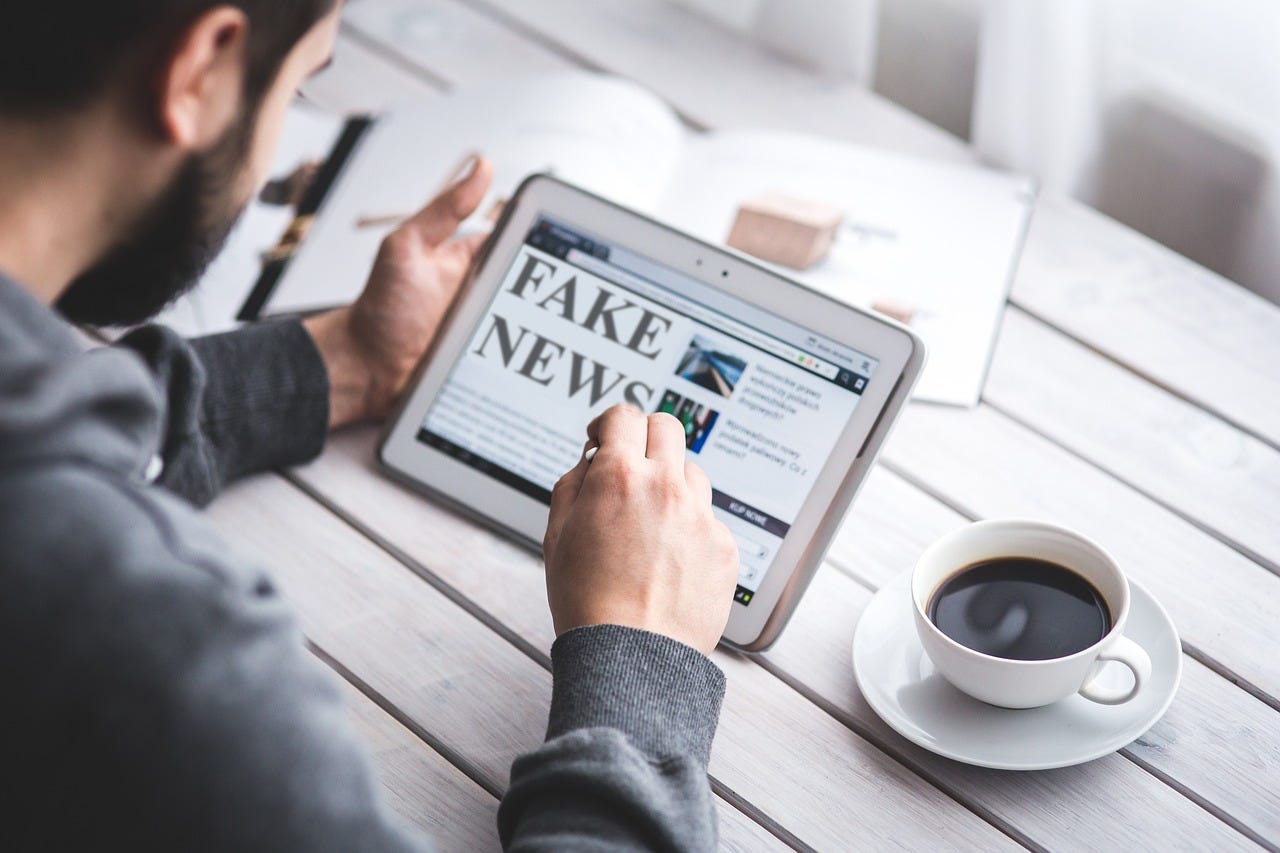E-Pluribus | June 5, 2023
The DEI racket; the egalitarianism of misinformation; and it is said tragedy plus time equals comedy, but the loss of comedy equals tragedy.
A round-up of the latest and best writing and musings on the rise of illiberalism in the public discourse:
Conor Friedersdorf: The DEI Industry Needs to Check Its Privilege
We flagged this Conor Friedersdorf piece in The Atlantic in last week’s Around Twitter, but it deserves a closer look. Friedersdorf calls out the DEI industry for exploiting George Floyd’s murder to feather its own nest rather than doing the hard work of furthering true equality for the marginalized persons they purport to be helping.
[T]he worst of the DEI industry is expensive and runs from useless to counterproductive. And even people who highly value diversity and inclusion should feel queasy about the DEI gold rush that began in 2020 after the murder of George Floyd. A poor Black man’s death became a pretext to sell hazily defined consulting services to corporations, as if billions in outlays, mostly among relatively privileged corporate workers, was an apt and equitable response. A radical course correction is warranted––but first, let’s reflect on how we got here.
On rare occasions, a depraved act captures the attention of a nation so completely that there is a widespread impulse to vow “never again” and to act in the hope of making good on that promise. Martin Luther King Jr.’s assassination prompted the passage of the Civil Rights Act of 1968. The terrorist attacks of September 11, 2001, triggered a global war against al-Qaeda, among many other things, including the tenuously connected invasion and occupation of Iraq.
Floyd’s murder was similarly galvanizing.
[ . . . ]
So how strange––how obscene, in fact––that America’s professional class largely reacted to Floyd’s murder not by lavishing so much of the resources spent in his name on helping poor people, or the formerly (or currently) incarcerated, or people with addictions, or the descendants of slaves and sharecroppers, or children of single mothers, or graduates of underfunded high schools, but rather by hiring DEI consultants to gather employees together for trainings.
Read it all here.
Matthew Yglesias: "Misinformation" isn't just on the right
In another example of using his independent Substack platform to take on a boilerplate talking point of the left, Matt Yglesias documents that “misinformation” is not limited to the right side of the political spectrum. Yglesias points to climate change and racist police violence as at least two examples where the left’s conventional wisdom is clearly wrong.
[The] whole genre of genuine inquiry into public opinion dynamics has gotten derailed, I think, by the sort of goofy idea that Donald Trump was swept into power by a tidal wave of “misinformation” or the conceit that it’s constructive to analyze GOP outreach to Hispanic voters primarily through the “misinformation” lens.
The thing that makes this sort of superficial analysis so seductive is that it’s not exactly wrong. Most people really are very poorly informed about politics and policy. A lot of campaign messaging is pretty misleading. A lot of media coverage is sloppy and propagandistic. It’s also true that as a result of education polarization, over the past few cycles, Democrats have mostly done worse with relatively uninformed demographic groups (poor white people, working-class Hispanics) and better with relatively well-informed high-SES whites. This is to say that if you set out to find misinformation among people voting Republican, it’s not hard to do so. But it’s a totally unprincipled inquiry unless you take a systematic look at misinformation, in which case you’ll see it’s hardly confined to Republicans.
[ . . . ]
The moral of all these stories is that people are prone to bias-confirmation and groupthink, and the mass public tends not to pay much attention to policy issues, even ones they find interesting enough to march in the streets about.
This is a kind of tragic aspect of the human condition and not a specific failure of your political enemies.
I think back sometimes at my own misinformation on the Michael Brown point. A big part of the reason I didn’t know the truth about this is it didn’t matter to me, practically speaking. During the five years or so between the Ferguson protests and Lopez’s articles about the tweet, I didn’t write anything for which the DOJ inquiry into the shooting was relevant. I was actually so disengaged from this topic that when I started work on this 2019 article making the case for increased police funding, I was a little surprised to learn how controversial the thesis was. After all, I was making the case for the merits of federal police funding initiatives that were pushed by Bill Clinton and Barack Obama and opposed by Donald Trump. The progressive conventional wisdom had moved on from that Clinton/Obama consensus without me realizing it, but I hadn’t moved on even though I also didn’t realize Wilson had been exonerated — it wasn’t actually policy-relevant, so I hadn’t been paying attention.
And the average citizen has much less reason than I do to pay attention to news developments.
Read it all.
Pamela Paul: Political Correctness Used to Be Funny. Now It’s No Joke.
Conservatives are often tagged as the uptight or humorless segment on the cultural/political spectrum. But Pamela Paul in her New York Times newsletter writes how far the “liberals” among us have come (in the wrong direction) in their ability to laugh at themselves.
In 1992, two Harvard Lampoon alums, Henry Beard and Christopher Cerf, published “The Official Politically Correct Dictionary and Handbook,” which mixed together actual terms of P.C. orthodoxy with fictional ones in a way that left you unsure which was which. Real or fake: assimilationism, carbocentricism, chemically inconvenienced, heterosexually celibate, humyn, chair?
Thirty years later, on Amazon, a customer gave the book a worried one-star review, noting, “You’ll get in more trouble using this book than you were before.” These sensitivities are no longer a laughing matter. They are the stuff of moralizing retribution.
But back in benighted 1993, the year I graduated from college, we couldn’t fathom such censoriousness. That was the year Comedy Central introduced the political talk show “Politically Incorrect,” hosted by Bill Maher. Four years later, the show crossed over to network television — network television! — where ABC aired it until advertisers balked over comments Maher made about Sept. 11. The concern? Insufficient patriotism.
Expressing the opposite sentiment today — when merely referring to yourself as “American” is enough to be deemed “imperialist” — is what might get you in trouble.
People have clearly lost their sense of humor.
A world without making fun is a world with a lot less fun in it. It also misses out on the relief humor provides. The whole point of comedy is to poke us where it’s most uncomfortable, to get us to laugh at our foibles and excesses, and the self-seriousness alone of contemporary political correctness practically begs for satire. Today we seem to mistake humorlessness for seriousness.
Read the whole thing.
Around Twitter
Wesley Yang points out that intersectional singularity has been achieved!
Based on the Free Press story we covered last week about high school debating, article author James Fishback reads what some debate “judges” felt they needed to share about themselves and their, um, perspectives:
And finally, while this feature is called “Around Twitter”, this Truth Social post from Donald Trump has earned an exception, so without further comment…









